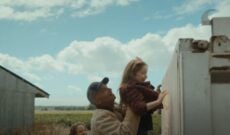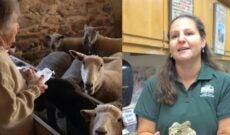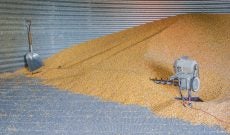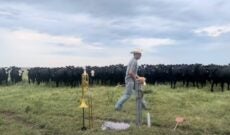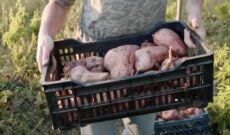Human interaction may reduce calves’ stress during life stage
In a new study published in the journal “JDS Communications,” scientists at the University of Florida have discovered that human interaction with calves helps to reduce abnormal oral behaviors and increase rest during early life.
As part of an ongoing effort to enhance dairy cows’ lifelong welfare, this research is related to a previous study examining how housing young calves in pairs and larger social groups may allow them to develop better social skills and produce more milk as a cow later in life. Building off these aims, this latest study sought to learn whether human contact provided additional complexities and enrichment in dairy calves’ environment during weaning.
The study followed 14 individual calves and 14 pairs of calves for the first eight weeks of life until the weaning period began. Once weaning started, a human would enter the pen and spend five minutes scratching the calf on specific days following feeding.
After six months of data collection, the study found that individually housed calves performed more abnormal oral behavior than pair-housed calves, but human contact reduced it. The results also showed that, regardless of whether the calves were housed individually or in pairs, human presence increased the time calves lay down after feeding — suggesting a calming effect.
With this knowledge, researchers can better understand human interaction’s role in calves’ overall well-being.





